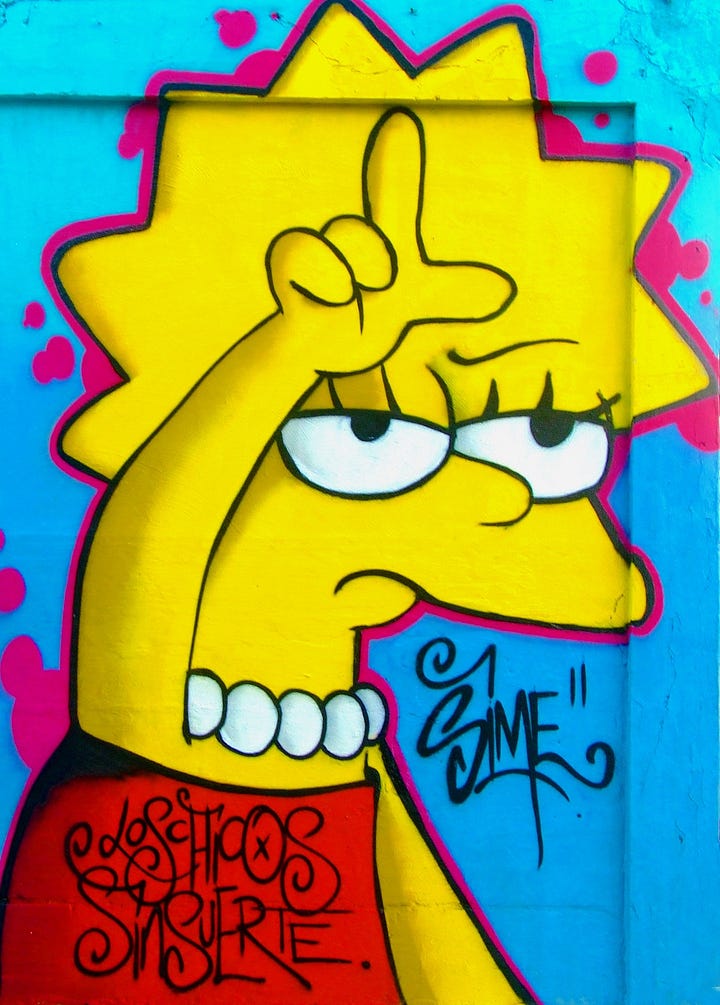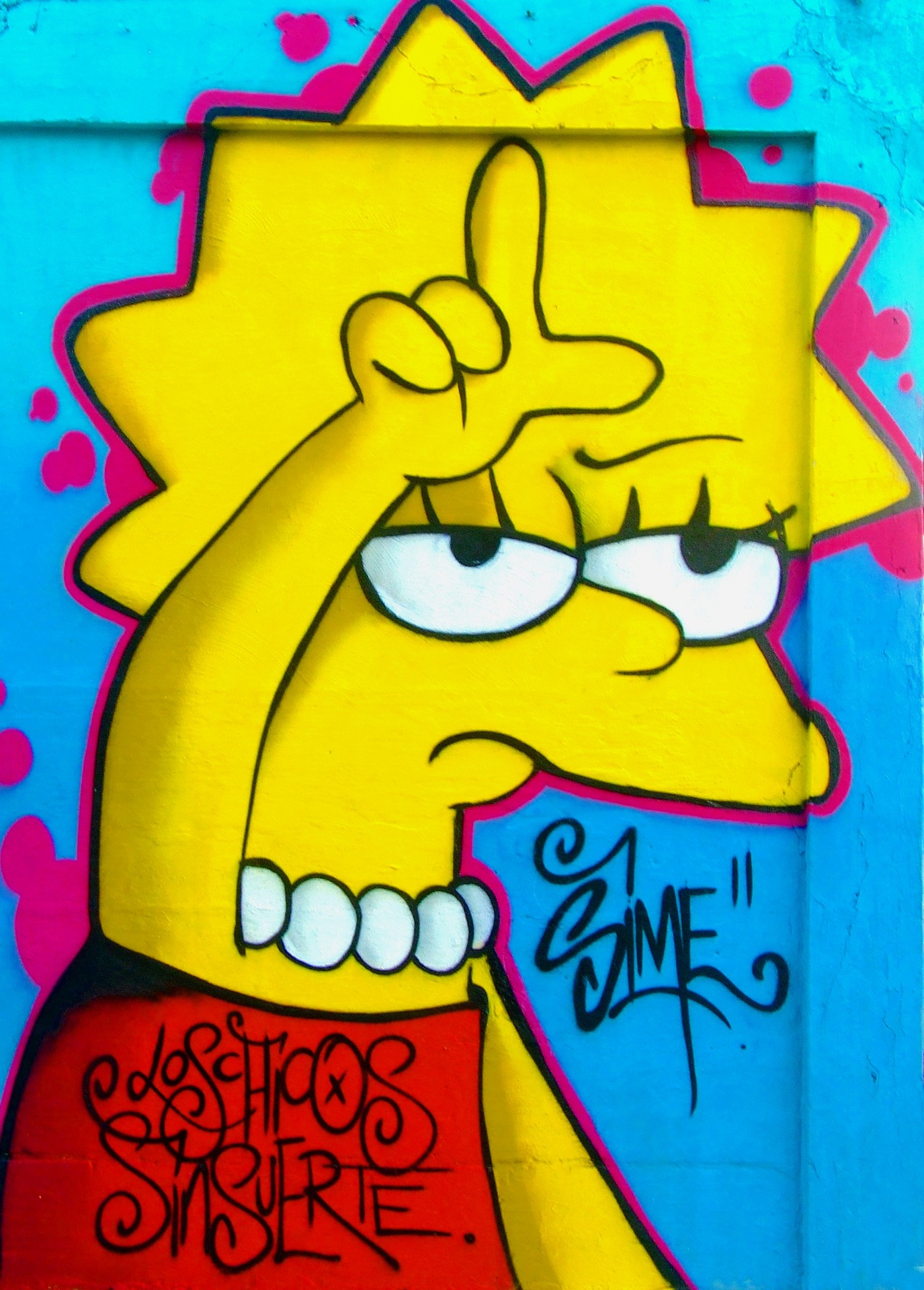
I had my first guest post published in 2018, on the blog Live, Write Thrive. Prior to this, I had been posting exclusively on my personal website and on Medium. When I heard guest posting was a reliable way to gain a readership and build an audience, I set on my way to craft guest posts for prospective writing sites.
There are a few glaring mistakes in my first submission. For example: I signed off the post with my real name as opposed to my pen name. Also, I wrote “disregard” in a spot where I meant to place “regard”. I think once my guest post was approved, I had assumed the site owner would check over my writing again for any obvious errors — this assumption would turn out to be yet another mistake.
My post was eventually published, and initially I was quite pleased with the amount of engagement it received by visitors of the site. However, that glee quickly turned into mortification when a certain commenter made it their mission to point out any and all of the flaws in my writing, grammatically and otherwise.

I felt embarrassed — embarrassed to be called out in such a public forum, where the site owner who approved my guest post could second-guess their decision to feature such a slipshod writer. Embarrassed, because it made my arguments seemed all the more weaker, like I didn’t know what I was talking about (ironically, this dressing-down came in my post “Lessons Learned From a Writing Critique” — who am I to give advice if I can’t even write properly?) I would feel gun-shy in my future dealings with guest posts. I continued writing on Medium and my site, where I felt I had more control, but I would scrutinize and fret over anything I considered guest post-worthy. What if I made another mistake? What if no one respected what I said?
Then I heard the most valuable advice to lift me from my creative funk:
If you are not embarrassed by the first version of your product, you’ve launched too late.
LinkedIn creator Reid Hoffman was quoted to have said this in the context of releasing something intended for purchase, but the same philosophy applies with writing as well.
Perfection is the enemy of done: I could continue to lament about the imperfections of my first guest post, or I can be proud of myself for getting my work to be seen in the first place. Sometimes it’s all about perception. I could choose to focus on all the good in what I accomplished (work on a reputable site, building a professional relationship with C.S. Larkin, sharing my experience with other writers in my position) or I could zero in on the bad (grammatical errors, clunky writing, a novice perspective) and let it consume me. I now choose to learn from my mistakes, but I refuse to let them define me anymore.
November 2018 was the last time I would write Hey Arnold! fanfiction, and I hoped to go out with a bang. It didn’t quite work out that way; not only did I not receive much feedback for the stories I wrote, in the very last chapter of the very last story in my Hey Arnold! fanfiction career, I was called out for an egregious plot inconsistency I completely overlooked.
For a while, I was bitter about making such a stupid mistake, but then I thought back to Hoffman’s quote: If you are not embarrassed by the first version of your product, you’ve launched too late.
The important thing was that the mistake was found and promptly corrected. The alternative would have been to never write the story, lamenting on what could have been. I’d rather have an imperfect final product than a perfect idea that never comes into fruition.
It’s actually a good idea to feel uncomfortable with our decisions — it means we are out of our comfort zone and receptive to change and to growth.
What about you? Do you have any products or projects that you regret releasing? What are you most embarrassed about, and what were some of the positives that came along with the mistakes?
